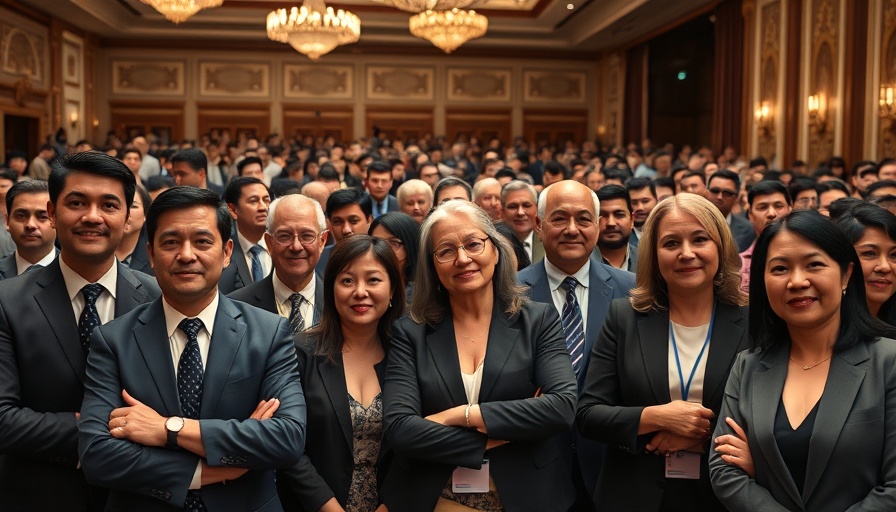
Unpacking the Politicization of AI: The Battle Erupts
In an escalating political climate, Congressman Jim Jordan (R-OH), chair of the House Judiciary Committee, is making headlines by directing inquiries towards 16 tech giants regarding their communications with the Biden administration about AI censorship. Jordan’s allegations revolve around the assertion that the former president may have coerced these companies into suppressing ‘lawful speech’ in their AI products, an accusation that holds significant implications for the tech industry and its relationship with governance.
Why Does AI Censorship Matter to Healthcare?
For healthcare IT professionals, the crossroads of technology and policy is increasingly relevant. With tech giants like Google and OpenAI under scrutiny, any regulatory changes stemming from these inquiries could affect AI applications in healthcare. AI technologies have the potential to transform patient care through improved diagnostics and personalized medicine. However, if subjected to censorship pressures, the integrity of these technologies might be compromised, leading to biased or incomplete healthcare solutions.
Insights from Previous Investigations: A Cultural Rift
Jordan's inquiry isn't an isolated incident; it represents the continuation of a broader cultural conflict in the tech ecosystem, specifically between conservative lawmakers and Silicon Valley. This mirrors previous investigations into platforms limiting conservative voices on social media, raising concerns about free speech and the parameters of acceptable discourse in AI technologies. Understanding this backdrop is crucial for healthcare professionals who must navigate the regulatory landscape as AI gains traction in clinical applications.
The Tech Giants Respond: Navigating Censorship Claims
In earlier instances, companies like OpenAI claimed to pivot their AI training practices to represent diverse perspectives, an effort ostensibly aimed at countering censorship claims. This response denotes an evolving strategy among tech companies attempting to balance operational integrity with regulatory expectations. For those in healthcare, these changes could influence how AI tools are developed, particularly in sensitive areas like mental health, where language and representation matter profoundly.
Future Predictions: Regulatory Implications for Healthcare AI
The looming scrutiny from Jordan and others hints at potential regulatory changes in tech—and subsequently, healthcare AI. If investigations reveal collusion or undue influence, the fallout could include stricter compliance measures impacting how healthcare systems adopt and utilize AI technologies. As administrators and CIOs, anticipating these shifts could help in strategic planning and risk management.
As the inquiry unfolds, keeping abreast of the developments will be crucial for stakeholders in the healthcare sector. The intersection of healthcare and technology is evolving, and so too is the regulatory environment surrounding AI innovations.
 Add Row
Add Row  Add
Add 




 Add Row
Add Row  Add
Add 

Write A Comment